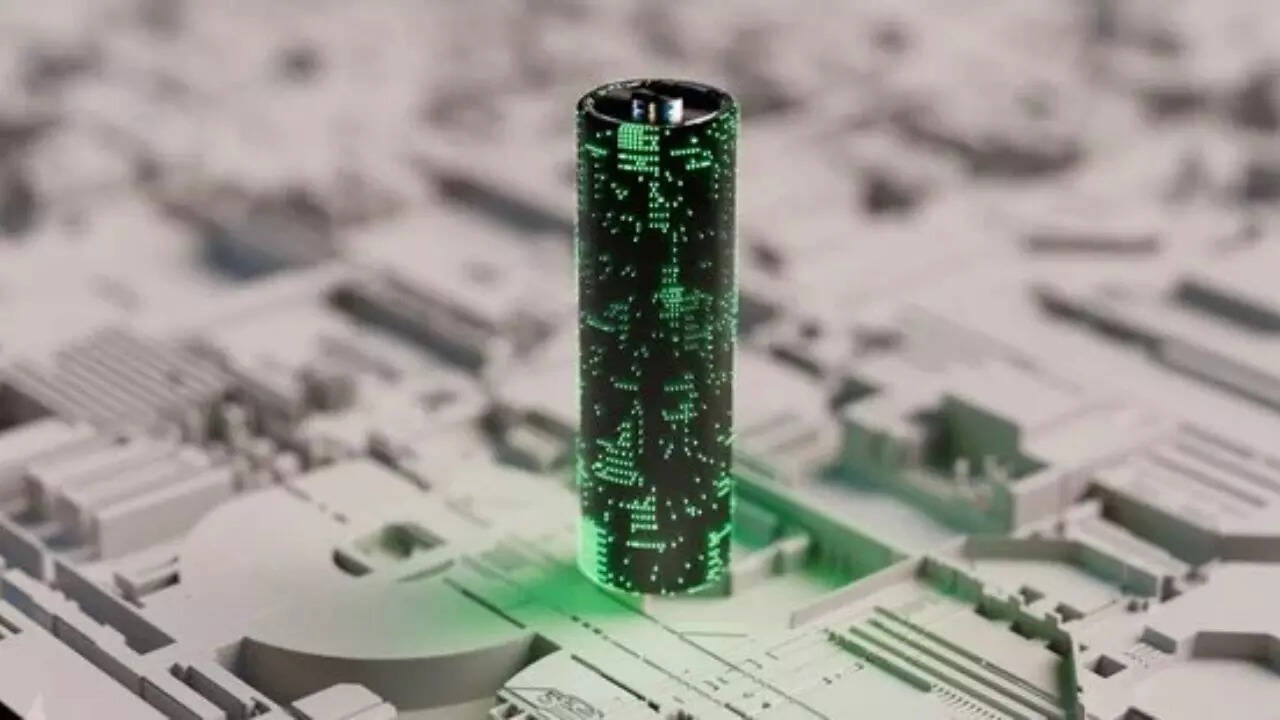Japan’s ambitious plan to extract billions of dollars worth of cobalt and nickel from the deep sea near Minami-Tori-shima island has hit a major snag. The project, intended to fuel the nation’s electric vehicle (EV) battery production, now faces an uncertain future thanks to a groundbreaking scientific development.
Researchers have created a revolutionary next-generation battery cathode. This cathode utilizes disordered rock-salt particles, eliminating the need for the rare earth metals – cobalt and nickel – that the deep-sea mining operation is targeting. This innovative technology not only renders Japan’s costly and environmentally controversial mining project economically questionable, but it also offers significant environmental benefits by preventing potentially devastating damage to the fragile deep-sea ecosystem.
The implications are far-reaching. The success of this new battery technology could signal a shift away from deep-sea mining, a practice heavily criticized for its potential to disrupt delicate marine habitats and contribute to biodiversity loss. While the full ramifications remain to be seen, this development throws a wrench into Japan’s multi-billion dollar plans and highlights the rapidly evolving landscape of clean energy technology.




